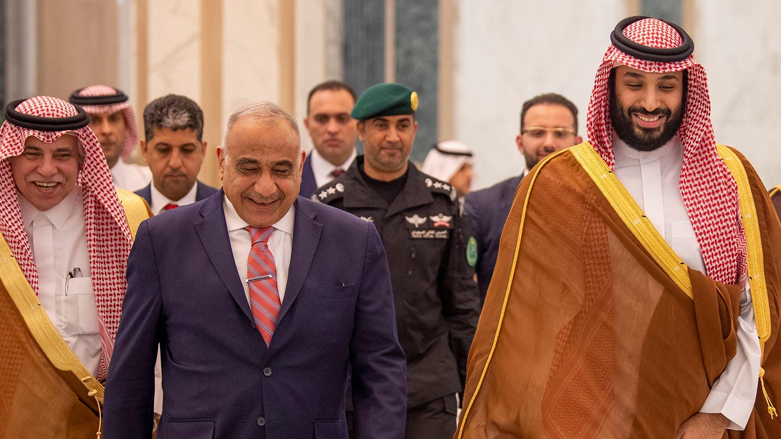After Baghdad boosts oil exports, Saudi crown prince discusses market ‘stability’ with Iraqi PM

ERBIL (Kurdistan 24) – Less than a week after it was reported that a boost in Iraq's oil exports had played a key role in the first output increase of the year for the Organization of the Petroleum Exporting Countries (OPEC), Saudi Crown Prince Mohammed bin Salman discussed oil market “stability” with Iraqi Prime Minister Adil Abdul Mahdi during a phone call on Thursday, Saudi state media reported.
According to the SPA news agency, the two leaders “stressed the importance of joint coordination to achieve stability in oil markets.”
A statement issued by Abdul Mahdi’s office read similarly, adding that they reviewed ways to “coordinate efforts of the two countries with other parties in and out of OPEC to control oil markets and prevent the deterioration of oil prices.”
In January, Baghdad reluctantly agreed to an output-cutting deal made by an alliance of oil giants known as OPEC+ that aimed to bolster petroleum prices and "restore balance between supply and demand" in the market.
August saw the first increase in output for OPEC in 2019 as a result of higher supply from both Iraq and Nigeria, Reuters reported last week.
Read More: Increased oil supply from Iraq, Nigeria boosts OPEC output for first time in 2019
A recent survey indicated that Saudi Arabia is not deviating from the plan to restrict output, but August's increases by Iraq and Nigeria were apparently enough to outweigh both this and additional losses caused by US sanctions on Iran.
Iraq, OPEC’s second-largest oil producer following Saudi Arabia, almost entirely relies on oil to generate its revenue.
Earlier this year, Saudi Arabia announced it was reopening its diplomatic missions in Iraq, shuttered since 1990, when the former Baathist regime invaded Kuwait. Riyadh has also entered into an intelligence-sharing agreement with Baghdad and pledged $1 billion to construct a mega-sports facility in the Iraqi capital.
Editing by John J. Catherine
